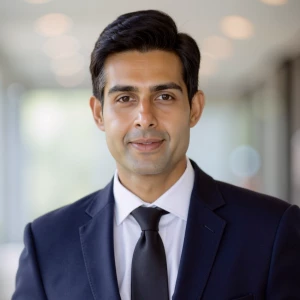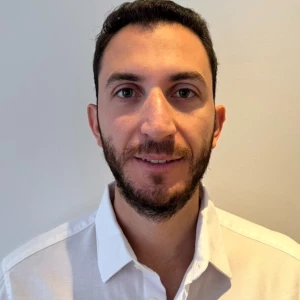One of my most frequently received feedback is that I need to be more concise.
In your experience, what is the best way to improve this, especially in the context of case interviews, when you're under pressure and the clock is already ticking?
Thanks in advance!
















